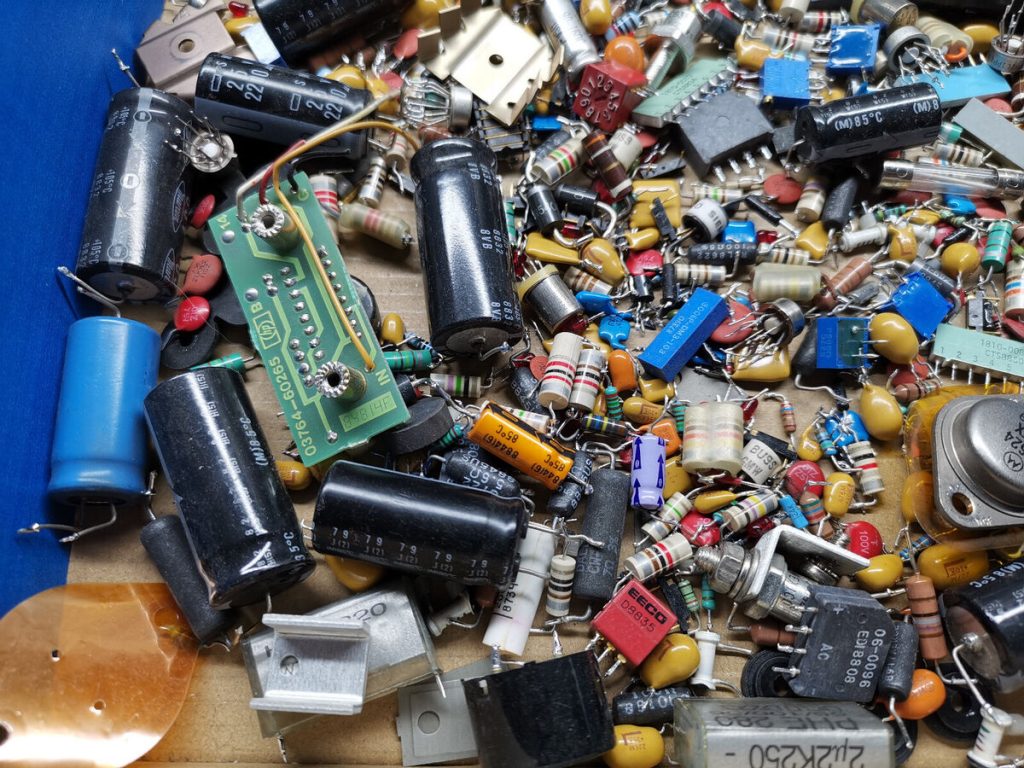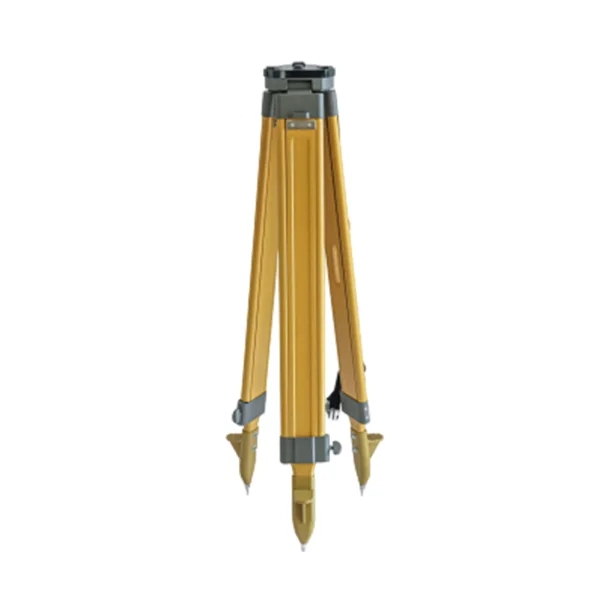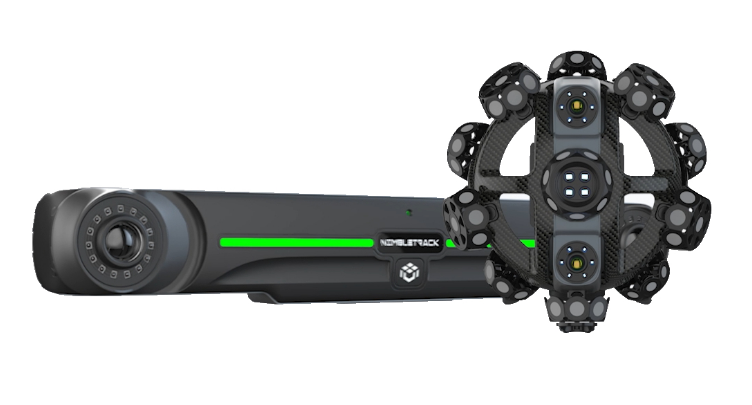
Capacitors, the unsung heroes of the electronic world, play a pivotal role in a wide range of industries and applications. From powering electronic devices to storing energy, capacitors have become an indispensable component in modern technology. In this article, we delve into the fascinating world of capacitors, exploring their diverse applications and shedding light on their significance in various fields.
- Energy Storage and Power Electronics:
Capacitors serve as vital energy storage devices, enabling efficient power management and delivery in numerous applications. In power electronics, capacitors are used to smooth out voltage fluctuations, reduce ripple currents, and provide instantaneous power when needed. They are commonly found in power supplies, inverters, and electric vehicle charging systems, ensuring stable and reliable energy flow. - Signal Filtering and Coupling:
Capacitors find extensive use in signal processing and communication systems. They act as filters, allowing specific frequencies to pass through while blocking others. This property makes capacitors invaluable in audio systems, where they remove unwanted noise and enhance sound quality. Additionally, capacitors facilitate signal coupling, enabling the transfer of signals between different stages of electronic circuits without distortion. - Timing and Oscillation:
Capacitors, in conjunction with resistors, form timing circuits that control the operation of various electronic devices. By determining the charging and discharging rates, capacitors regulate timing intervals, ensuring precise synchronization in applications such as clocks, timers, and oscillators. Their ability to store and release electrical energy at specific intervals makes capacitors indispensable in maintaining accurate timekeeping and generating stable oscillations. - Motor Starters and Power Factor Correction:
Capacitors play a crucial role in motor starting mechanisms, particularly in induction motors. They provide an initial surge of power, helping motors overcome inertia and start smoothly. Capacitors also aid in power factor correction, improving the efficiency of electrical systems by reducing reactive power and optimizing the power factor. This not only enhances energy utilization but also minimizes electricity costs. - Energy Conversion and Renewable Sources:
With the growing emphasis on renewable energy sources, capacitors have become integral to energy conversion systems. In applications like solar panels and wind turbines, capacitors store excess energy generated during peak production periods and release it during low-demand periods. This energy buffering capability ensures a stable and consistent power supply, mitigating fluctuations and maximizing energy utilization.
Conclusion:
Capacitors, with their remarkable versatility and functionality, have revolutionized the world of electronics and beyond. From energy storage and power management to signal processing and renewable energy, capacitors find applications in diverse industries. Their ability to store, regulate, and deliver electrical energy has propelled technological advancements and paved the way for a more efficient and sustainable future. As we continue to push the boundaries of innovation, capacitors will undoubtedly remain at the forefront, empowering our modern world.




